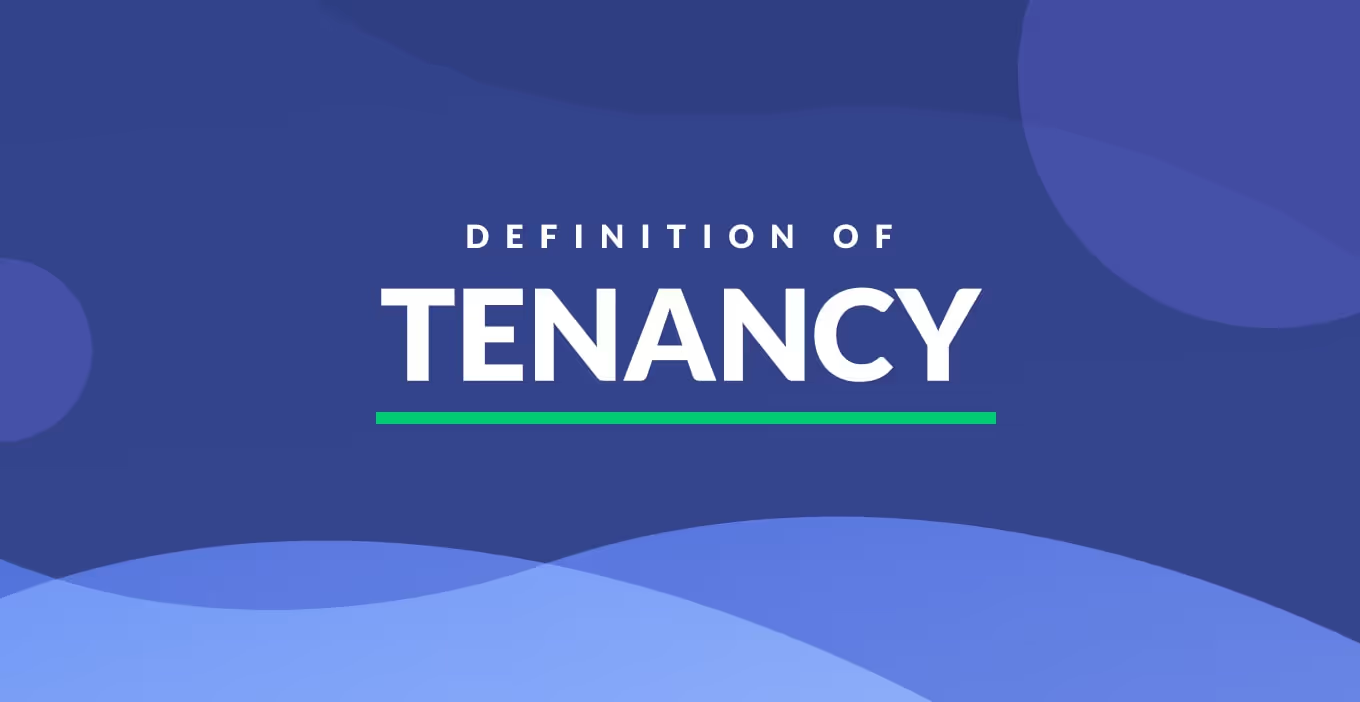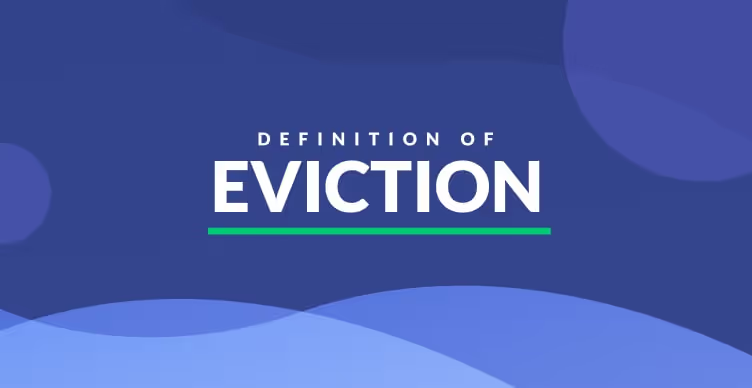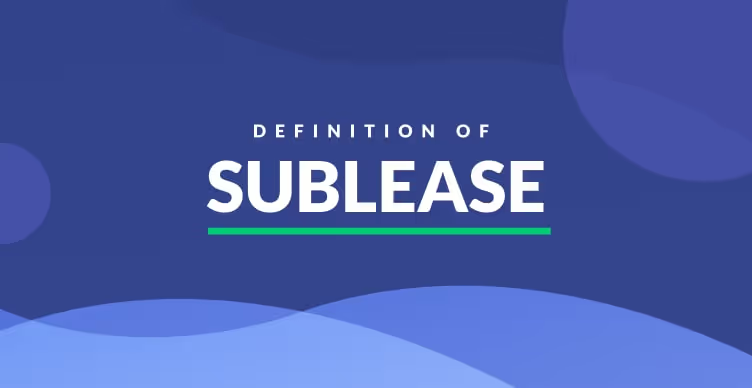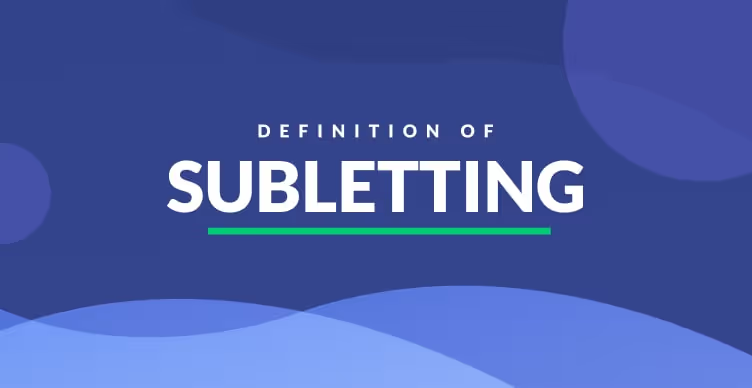Whether you're looking to rent or inhabit a new property, it's important to understand the common law regarding the process. While each specific situation regarding a tenancy agreement may be different, the tenancy noun definition stays the same.
On this page, we're going to take a look at what the word "Tenancy" implies, and what it means for residential tenancies, miscellaneous legal terms, and general real estate.
What Is a Tenant? - Collins English Dictionary
According to the Collins English Dictionary, a tenant is someone who "holds, possesses, or occupies land held by another person (called the landlord) under a specific set of terms called a lease." In essence, tenants are people who can have temporary possession of real property subject to payment of rent. People who possess a property without a lease agreement or rent payments are called squatters.
It's important to note that any person who becomes a tenant automatically gets protected under state law. When a potential tenant is looking to occupy a house or any other kind of property for a particular period, they must first sign the lease agreement, which provides an outline of all the legal requirements the tenant must comply with if they want to obtain ownership of the property.
Some of the legal terms required for a tenant's occupancy in such property include the following:
- Rent payment rules
- Maintenance and repair conditions
- General house/appliance rules
- Miscellaneous rules
It's important to note that a tenancy doesn't imply that people hold the title to the land. In essence, they're holding a house in subordination to the title of someone else. If the person doesn't comply with the occupancy rules for the real property at any point, the lease agreement may get terminated.
What Are the Different Tenancy Types?
The tenancy world goes a bit beyond its legal term definition. There are many tenancy types you can get for a property, and it all depends on what you're interested in or what the landlord is offering for their lands.
Some tenancy types include the following:
Periodic Tenancy
This is one of the most common tenancy types you're going to find for a property. Overall, the tenancy period runs through successive rental periods, meaning the people occupying the lands must make frequent payments as per the landlord's instructions. The payment terms for these tenancies may be monthly, quarterly, or yearly.
In case the tenant or landlord wants to terminate the agreement, they must give notice within a particular period for the request to be valid. Depending on the state, the notice can be 30, 60, or 90 days.
Fixed-Term Tenancy
As the name implies, the occupancy period for the land in a fixed-term tenancy is fixed, meaning there's a start and end date for the possession of the land. In every case, both parties must agree with these dates before signing the occupancy document. However, there may be some cases in which either party may end the tenancy before the date.
Tenancy at Will
Tenancy at Will is the most common tenancy type since it's the most flexible one for people with an interest in inhabiting real estate. Here, there are no tenancy/leasing contracts for the possession of the property, and either party may end the agreement at any point they consider appropriate.
Joint Tenancy
In a joint tenancy, the rental payments and property possession responsibilities are shared by two or more parties. This is an excellent option for those who can't afford possession of a particular property and want to split costs with another person.
While this tenancy type is a great idea on paper, it requires full cooperation between the parties involved so that everyone complies with the possession agreement document.
Is a Tenancy the Same as a Lease?
People tend to confuse "Tenancy" and "Lease." While both are similar, a tenancy agreement is only for tenants of a residential property and is subject to the Residential Tenancies Act of 1986, whereas leases may also apply for commercial properties.
Bottom Line
As mentioned before, it's vital for everyone to know the legal terms regarding the possession of a property since it can help them avoid issues in the future.
Frequently Asked Quesitons
Definition Of Tenancy
Tenancy is the holding of some sort of property by a tenant that is subject to payment to a landlord.






.svg)
.svg)

